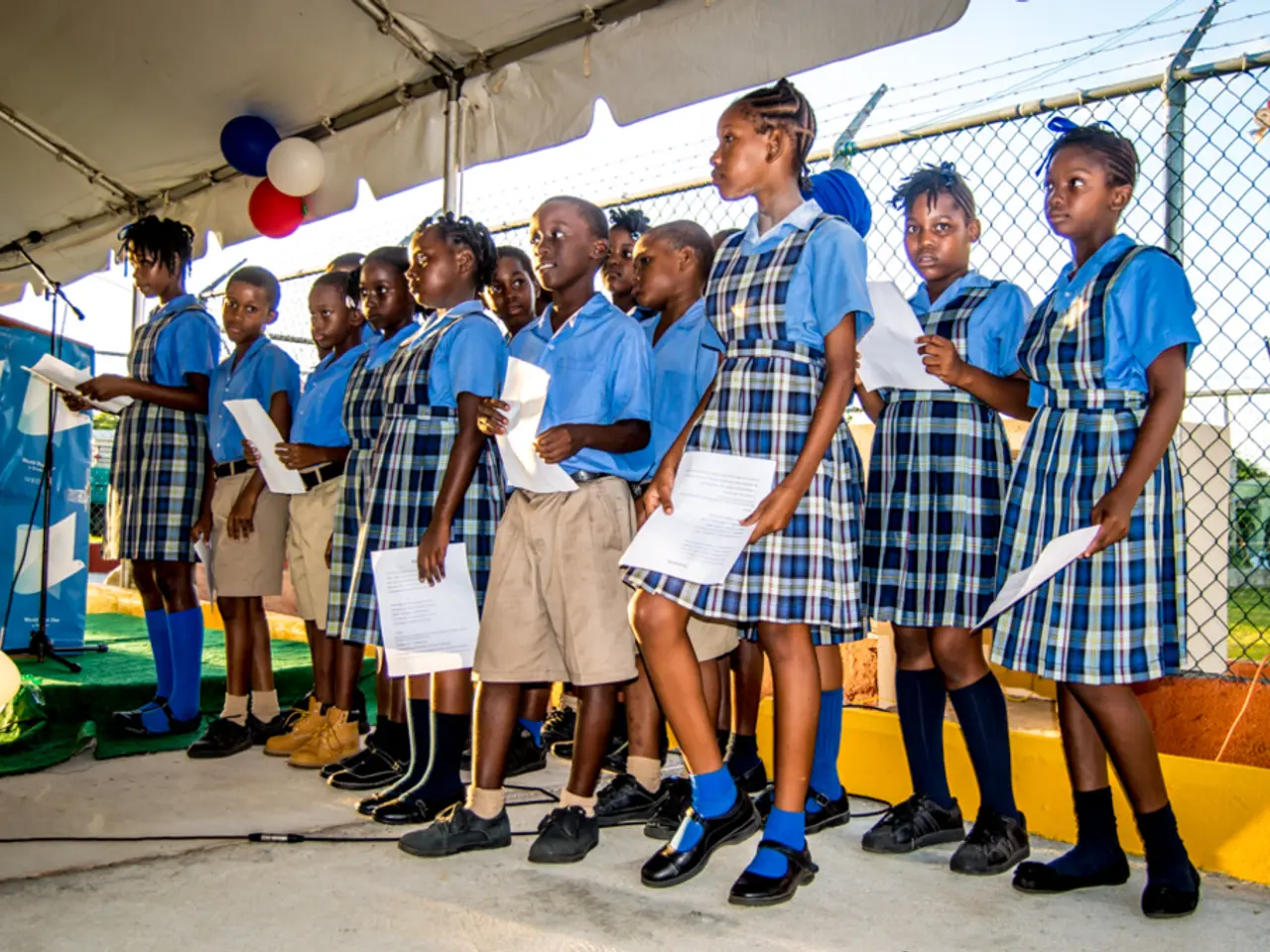Decrease in number of orphans in Omsk region
In the Omsk region of Russia, significant changes are underway, reflecting broader federal trends in education, prevention of juvenile delinquency, and guardianship.
One of the most notable developments is the planned establishment of the Omsk Higher Ground Forces Command School, scheduled for 2028. This military education institution is part of Russia’s strategy to address officer shortages by investing in specialized higher education relevant to defense and security.
In addition, ongoing studies emphasize the importance of updating education legislation to align with socio-economic development and national security strategies. The integration of educational policies with government decision-making frameworks is a key focus.
Regarding the prevention of juvenile delinquency and guardianship, the Omsk region has seen a decrease in the number of orphaned children. Over the past three years, the number of orphans and children left without parental care has significantly decreased, with a 19% drop compared to 2021.
Oxana Gruzdeva, the deputy minister of education of the Omsk region, reported that the prevention of juvenile delinquency covers nearly 300,000 schoolchildren and students. The regional Ministry of Education has also presented reports on measures for preventing social orphanhood, developing forms of family placement of children, and controlling the conditions of their stay.
These reforms extend to the region's approach to children's safety. Children's swimming areas are now constantly monitored, compared to the previous patrolled system, ensuring a safer environment for the region's youth.
Moreover, over 124,000 students are part of the "First Movement," and more than 95,000 schoolchildren are involved in various children's movements, indicating a strong focus on youth engagement and development.
The regional Ministry of Education has also presented a report on the interaction of organs, organizations, and institutions for preventing juvenile delinquency in the Omsk region. This report highlights the region's commitment to collaborative efforts in addressing social issues.
Meanwhile, members of the regional parliament are reviewing changes in laws related to education, prevention of juvenile delinquency, and guardianship issues. Discussions on municipal reform and the implementation of the regional law "On Certain Issues of Organizing and Conducting Activities in the Sphere of Guardianship and Custody of Minors, as well as Accounting and Placement of Children Left Without Parental Care in the Omsk Region" are ongoing.
The decreasing dynamics of juvenile crime, with 86 cases compared to the same periods last year and this year, is a promising sign of the effectiveness of these reforms. The region has also seen a positive impact from summer health camps, which benefited 66,000 children and teenagers.
Despite these positive developments, concerns regarding child mortality on water bodies remain. Deputies have discussed these reports, highlighting the need for continued vigilance and action.
Over 2,000 children's organizations are operating in the region, providing numerous opportunities for children to grow, learn, and thrive. During the holidays, 8,500 were temporarily employed, offering employment opportunities for young people in the region.
In summary, the Omsk region is experiencing significant changes in education, juvenile delinquency prevention, and guardianship, reflecting broader federal trends. The region's ongoing efforts demonstrate a commitment to improving the lives of its young citizens and ensuring a safer, more prosperous future for all.
The Omsk region is focusing on education and self-development by planning to establish the Omsk Higher Ground Forces Command School for specialized military education, aligned with defense and security strategies (education-and-self-development, learning). Additionally, the region is emphasizing the importance of updating education legislation to align with socio-economic development and national security strategies, indicating a commitment to continuous learning and adaptation. (learning)




